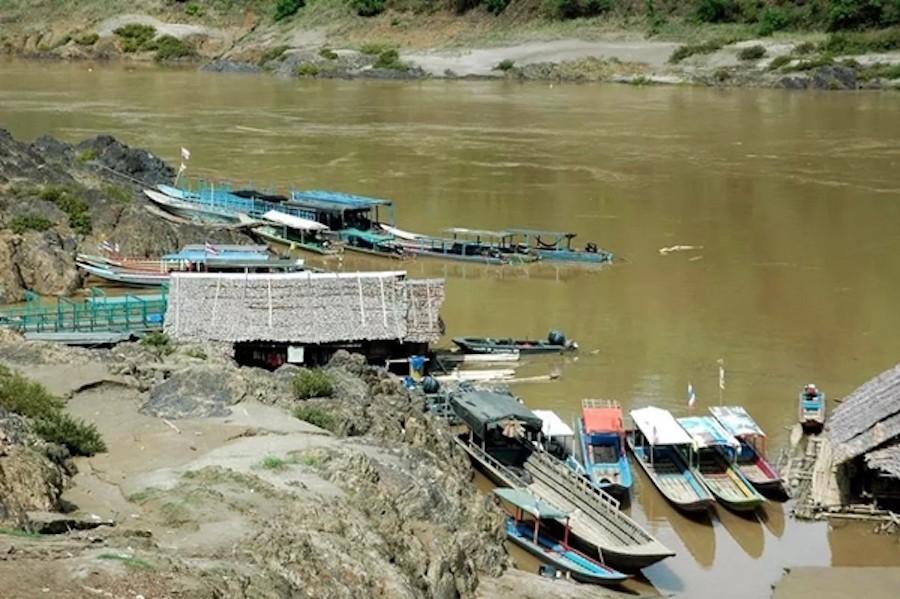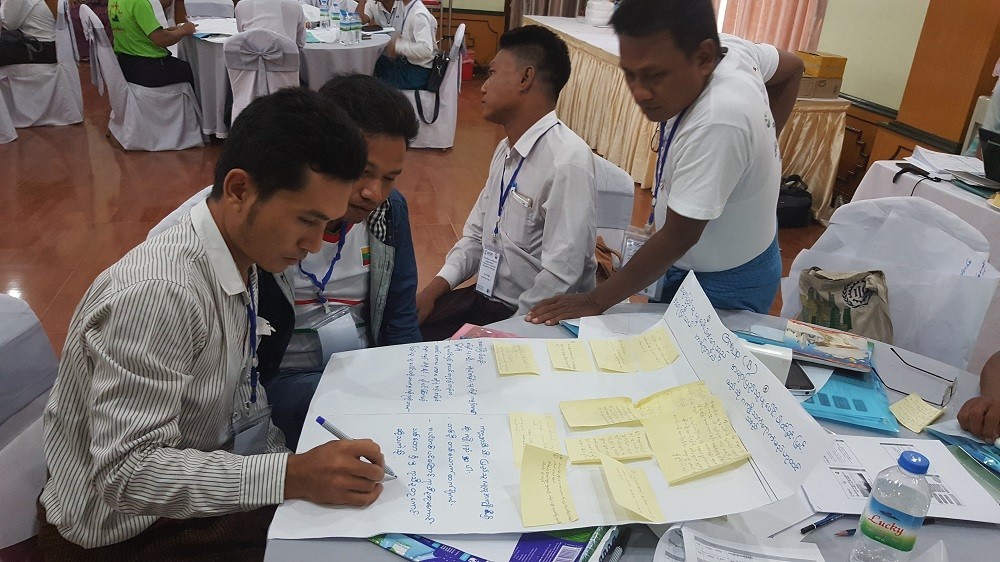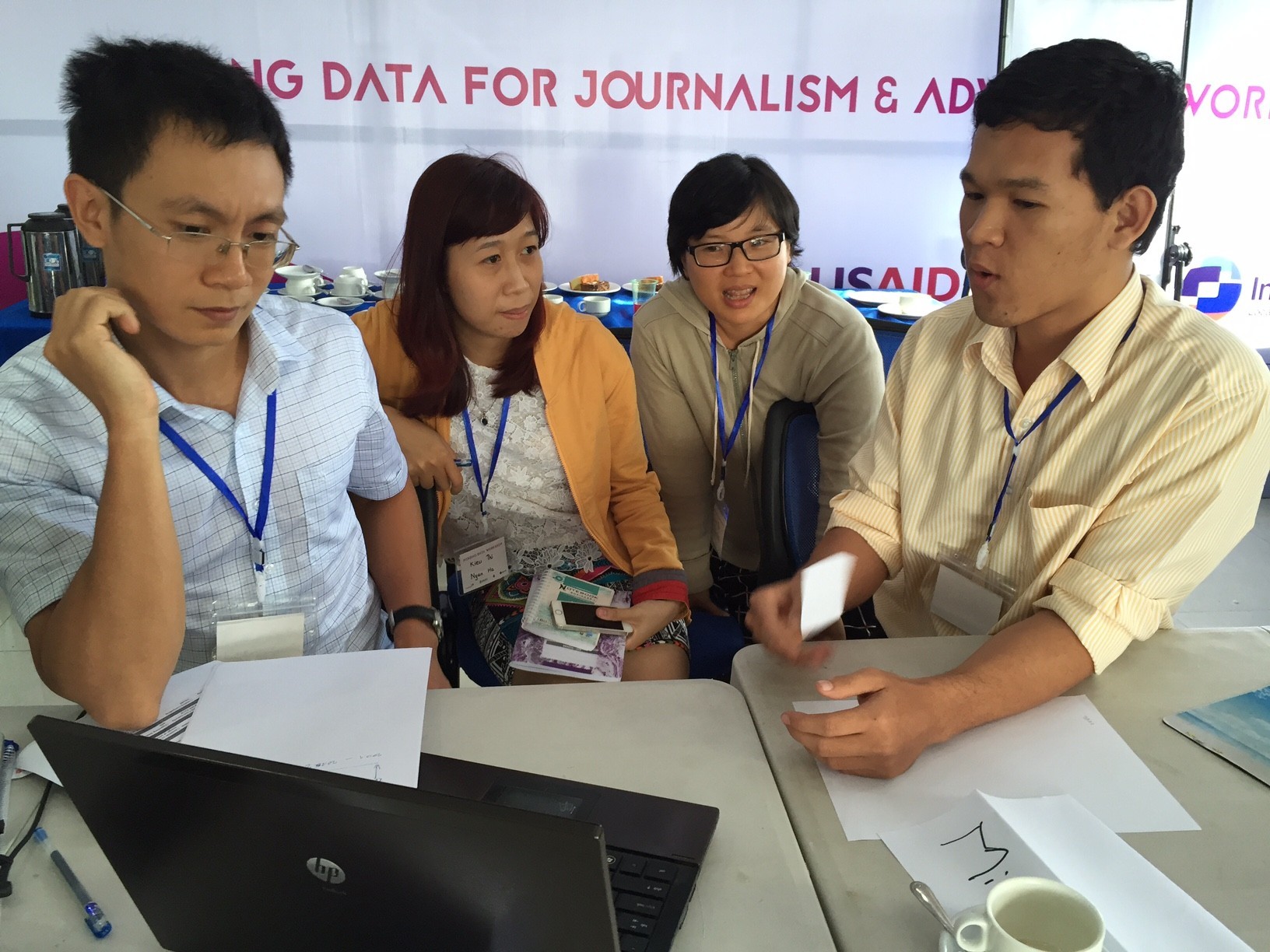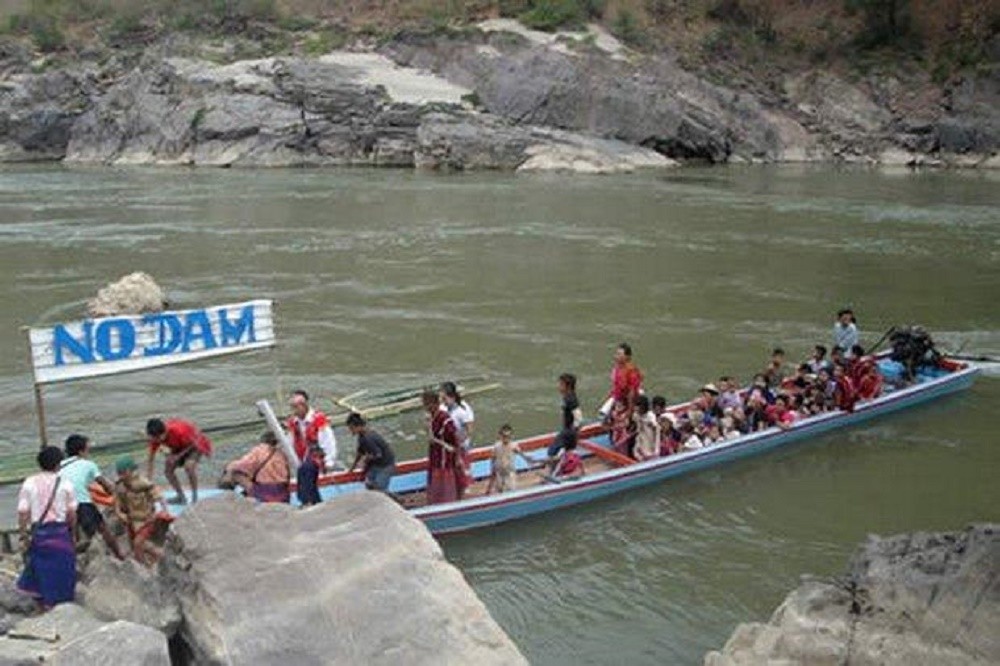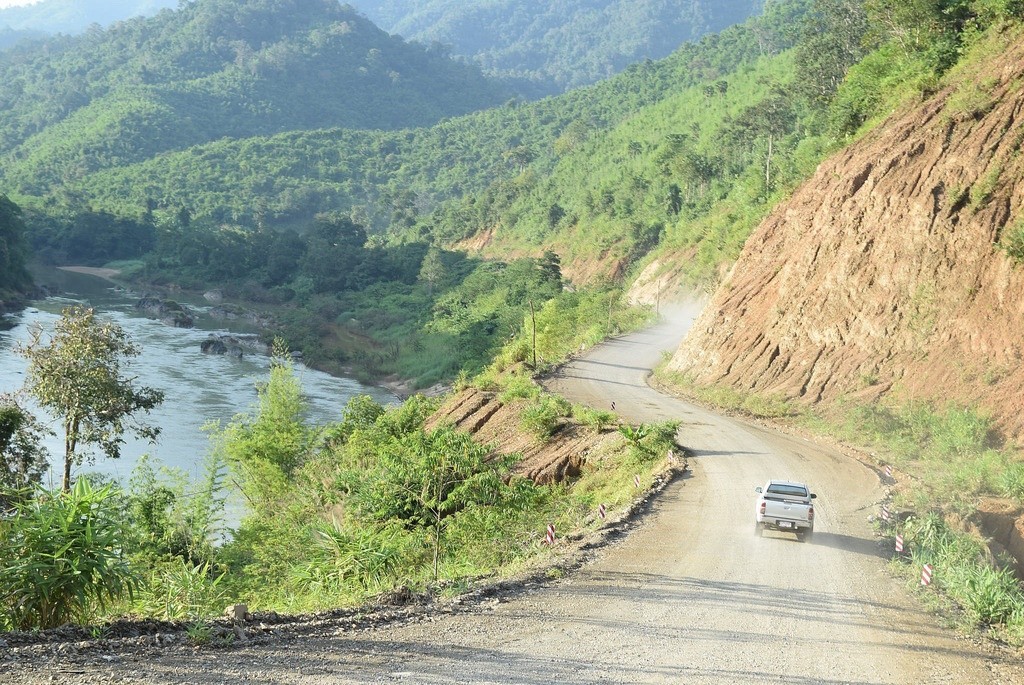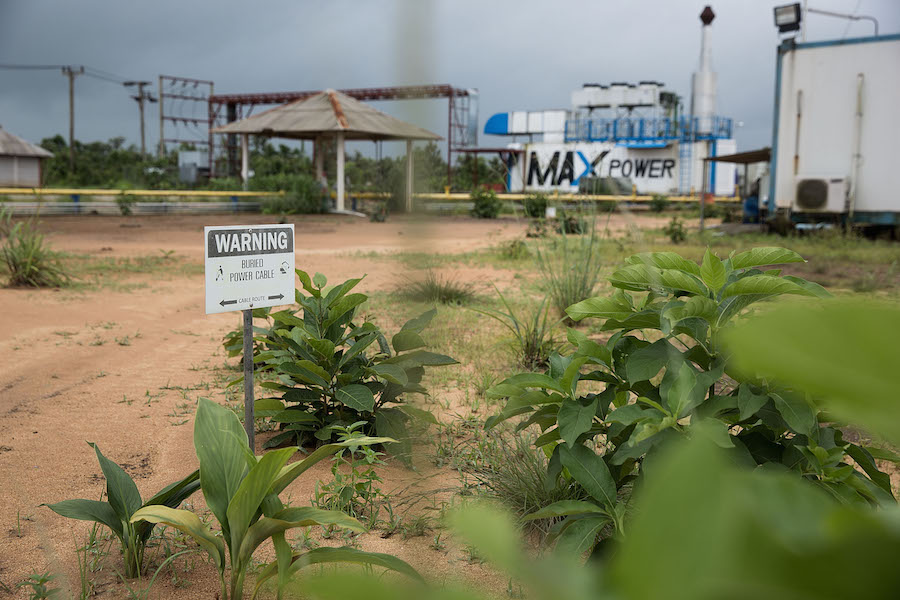The Naungpha hydropower dam is one of several major projects in Shan State that have been suspended until cost-benefit field analyses are performed, according to the state minister for finance and planning, U Soe Nyunt Lwin.
Projects related to coal-fired power, large-acreage and border development, and hotels – all approved under the previous government – are on hold until the assessments are complete. The Naungpha dam, a joint venture between local conglomerate IGE and China’s Hydrochina Corporation, and seven other hydropower projects are among the developments halted pending review.


